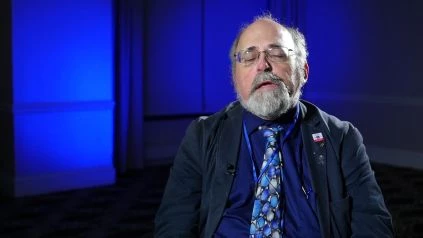Corey J. Langer, MD, FACP of the University of Pennsylvania discusses the Pacific Trial overview of Durvalumab in locally advanced NSCLC and how it presented strikingly positive data. The most important clinical trial in the last 12 months is the Pacific Trial. This assessed the role of immunotherapy, specifically durvalumab which is a PD-L1 inhibitor versus placebo on patients who have successfully completed concurrent chemoradiation for locally advanced diseases. This was a very positive trial in terms of the progression-free survival in the control arm, which is around 6 to over 16 months. Interestingly, it has a very highly significant P value and impressive hazard ratio. Because of these results, many believed that this will now be the standard of practice in this setting and post-chemoradiation will be routinely administering durvalumab for every 2 weeks up to a year starting within 6 weeks of chemoradiation.
The established response was stronger in the durvalumab compared to the controlled group. In addition, the toxicity was very good. Pneumonitis rate was feared to be higher on this, but it turns out to be very low. Moreover, the grade 3/4 rates were no greater in the durvalumab compared to placebo.

